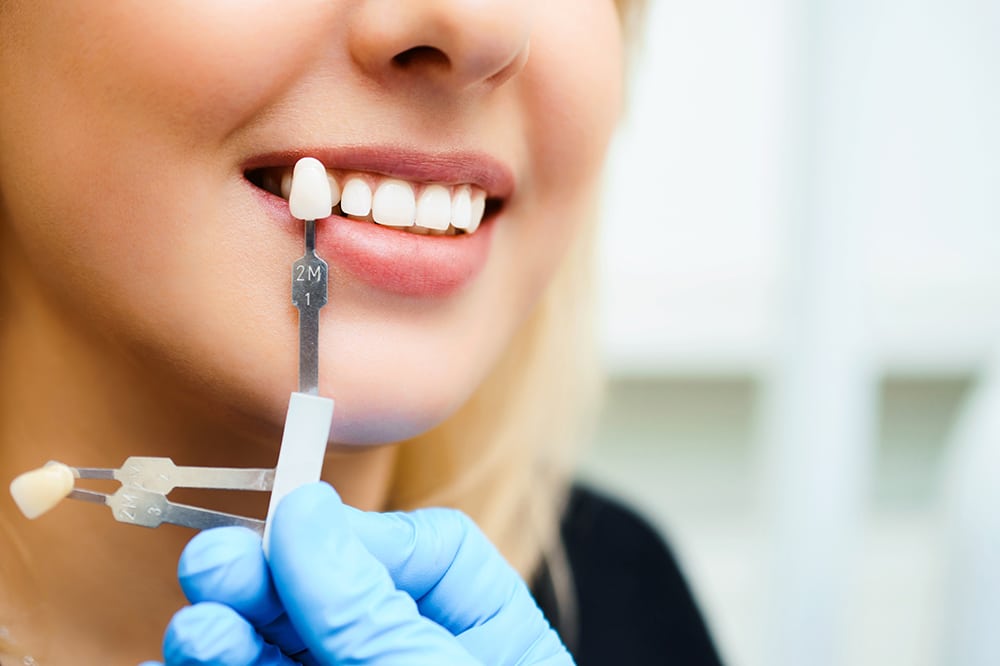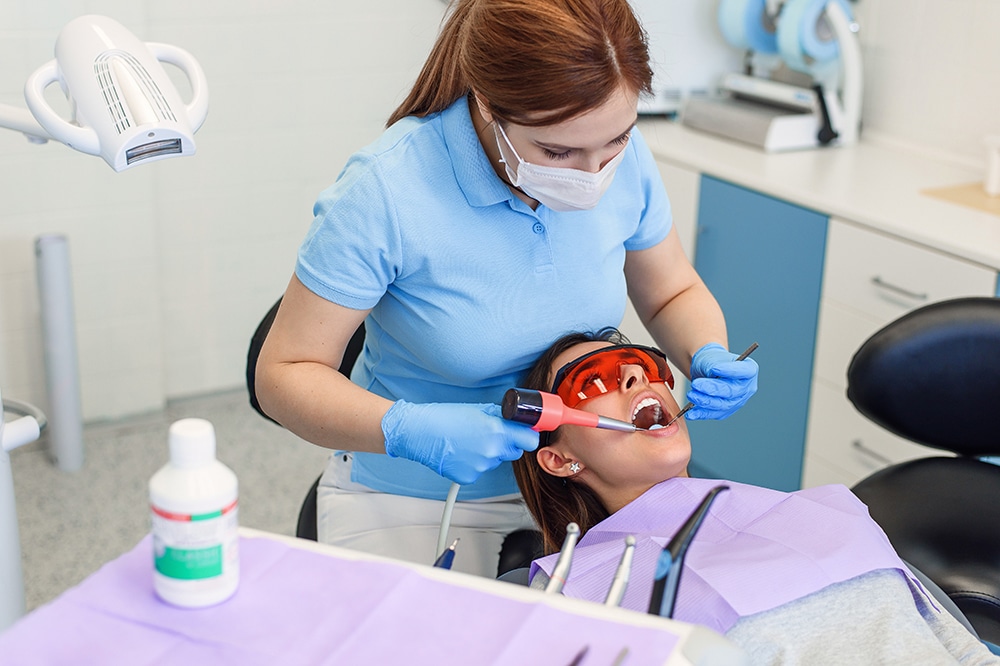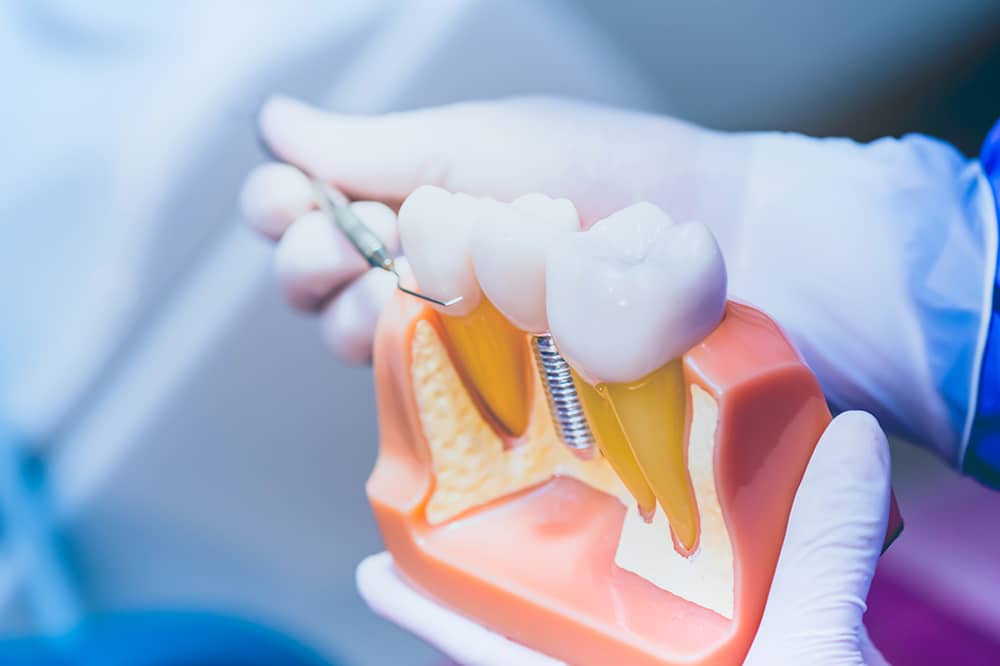Common Questions About Sleep Apnea
Does everyone who snores have sleep apnea?
While snoring is one of the most common symptoms of sleep apnea, it doesn’t always mean that you have the disorder. Many people snore because of tissues obstructing their airway, but it may be rectified by sleeping in a different position (not on your back) or by changing certain lifestyle habits. However, depending on its severity, you may still benefit from treatment to stop snoring.
How do I know for sure if I have it?
If you or your loved one snore, then you can find out for sure by undergoing a sleep study. You can spend the night at a sleep lab being observed by a team of experts, or Dr. Newton can recommend an at-home sleep test that you can take from the comfort of your own bed. After sending in the results of your test, Dr. Newton can custom-design an appropriate sleep apnea appliance to treat your condition.
What happens if I don’t treat sleep apnea?
Besides the loud snoring that can keep your partner awake each night, sleep apnea can pose a growing risk to your overall health and wellbeing the longer it’s left untreated. The repetitive obstruction of your airway limits how much oxygen you receive each night, while your body works harder trying to get it. The constant interruptions as your body has to clear your airway stops you from entering deep sleep, which leaves you chronically sleep-deprived.
Will I need a CPAP machine to sleep better?
The conventional treatment for obstructive sleep apnea has long been the use of a CPAP (continuous positive airway pressure) machine and mask. The machine provides a steady, gentle stream of air that the mask delivers directly to your airway, keeping it open throughout the night. However, many patients can benefit from an alternative, custom-designed sleep appliance that fits comfortably over their teeth, instead.
How does an oral appliance work?
Sleep apnea appliances are a more comfortable and convenient alternative to CPAP technology. Rather than streaming air to your airway, the appliance gently supports your lower jaw in a comfortable, slightly forward position while you sleep. This position allows for more room in your airway and repositions oral tissues to prevent them from collapsing into your airway so you can sleep more peacefully each night.
Get Answers to More Sleep Apnea Questions
There’s much to know about sleep apnea, especially if you think you or a loved one may be suffering from the sleep disorder. To learn more, schedule an appointment by calling Celina Family Dentistry at (214) 851-0130. Located in Celina, TX, we also serve patients of all ages from Prosper, McKinney, Frisco, Anna, Pilot Point, and the surrounding communities.



